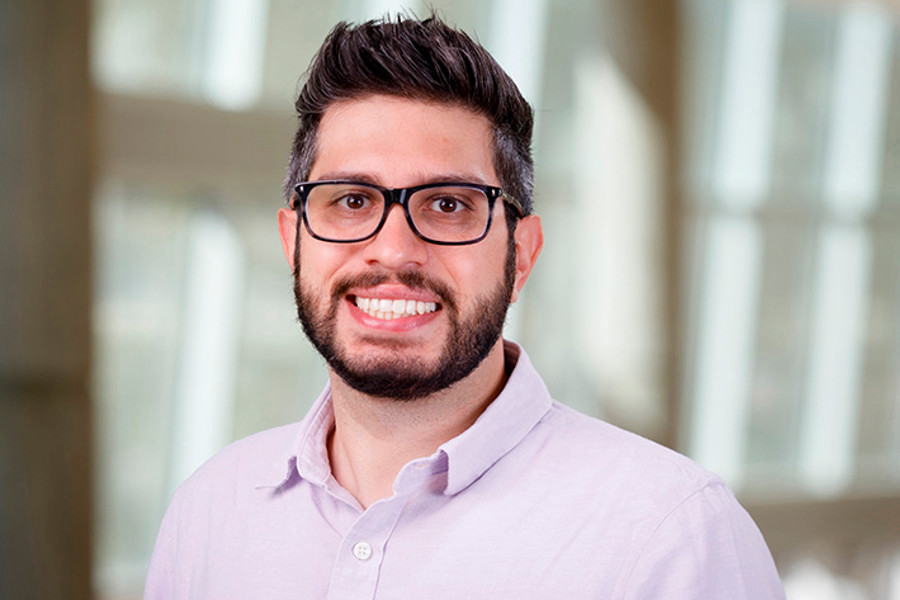Leonardo da Silva Augusto, PhD
Assistant Professor, UNMC Department of Pathology, Microbiology and Immunology

Dr. Leonardo Augusto initiated his academic journey at Mackenzie University in Sao Paulo, Brazil, obtaining a Bachelor of Science degree in biological sciences in 2009. Fueled by a passion for microbiology and immunology, he earned his PhD at the Federal University of Sao Paulo, graduating in 2014.
Dr. Augusto's post-doctoral expedition spanned continents, encompassing focused training in cell biology and parasitology at the Federal University of Sao Paulo from 2014 to 2016. Seeking advanced expertise, he furthered his postdoctoral research at the Indiana University School of Medicine in the United States, specializing in molecular and cellular parasitology, and host-pathogen interactions from 2016 to 2020.
This diverse and extensive training laid the foundation for Dr. Augusto's career. As a researcher, he significantly contributed to the understanding of host-pathogen interactions. He became an assistant professor at the University of Nebraska Medical Center in 2020.
- BS, Mackenzie University-Sao Paulo, Brazil (Biological Sciences), 2009
- PhD, Federal University of Sao Paulo, Brazil (Microbiology and Immunology), 2014
- Postdoctoral training, Federal University of Sao Paulo, Brazil (Cell biology and Parasitology), 2014-2016
- Postdoctoral training, Indiana University School of Medicine, IN (Molecular and Cellular Parasitology), 2016-2020
Our research program aims to understand how intracellular pathogens affect the metabolism of the host, especially in the context of long-term infections in the brain. We focus on identifying key cellular processes that allow these infections to persist. Currently, we are studying the interaction between the opportunistic intracellular pathogen Toxoplasma gondii and the brain cells it infects.
We recently uncovered a new way that Toxoplasma gondii manipulates host organelles, like lysosomes and the endoplasmic reticulum, to obtain essential nutrients such as amino acids and fatty acids. These nutrients are crucial for the parasite's long-term survival during chronic infections. Importantly, when we disrupted this nutrient acquisition strategy using drugs and genetic methods, we observed a significant decrease in parasite viability, along with reduced neuroinflammation and neurological changes.
Our research involves various techniques, including compound screening, cellular and molecular biology, metabolomics, transcriptomics, mass spectrometry, and more.
- Zigman Brener Award, Brazilian Society of Parasitology, Brazil, 2014
- Midwest Neglected Infectious Diseases Meeting Poster Award, University of Notre Dame, 2017
- Honorable mention, Thesis Capes Award, cellular biology III, CAPES-Brazil, 2015
- Outstanding Graduate Student Educator Award for demonstrated excellence in graduate education, Department of Pathology and Microbiology, University of Nebraska Medical Center, 2021-2022
College of Medicine
University of Nebraska Medical Center
985900 Nebraska Medical Center
Omaha, NE 68198-5900
DRCII 5033
Assistant: Jillian Washington, 402-559-7760